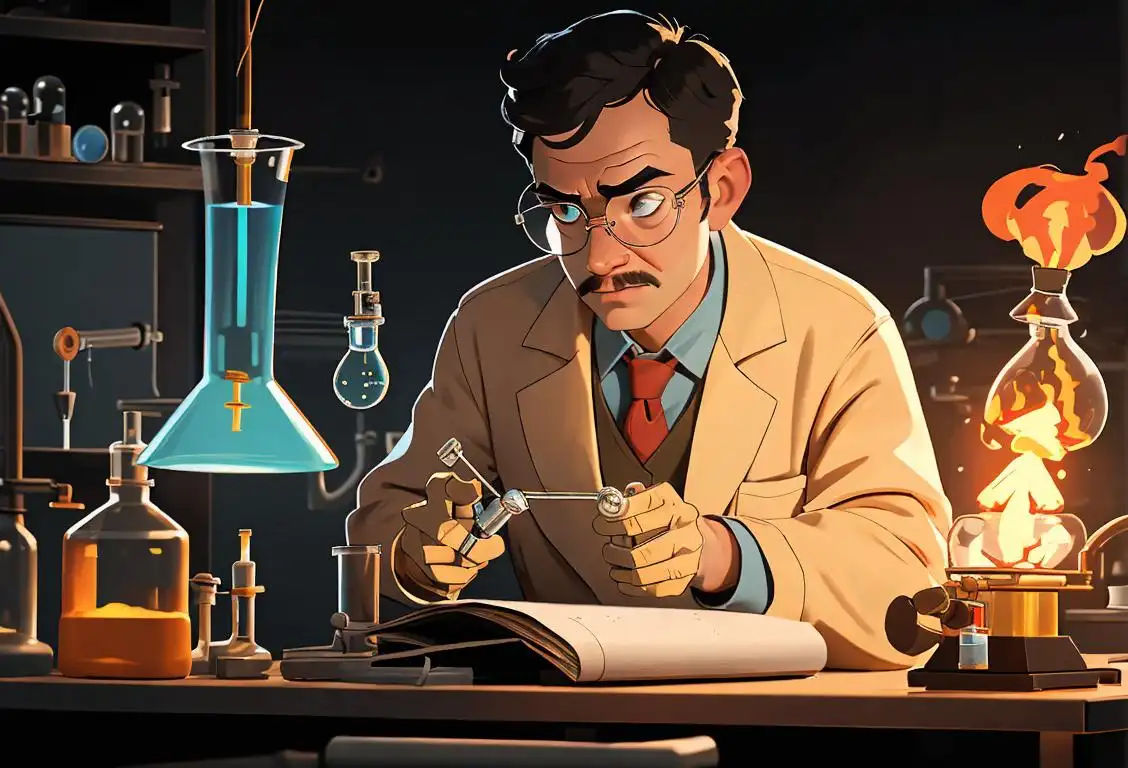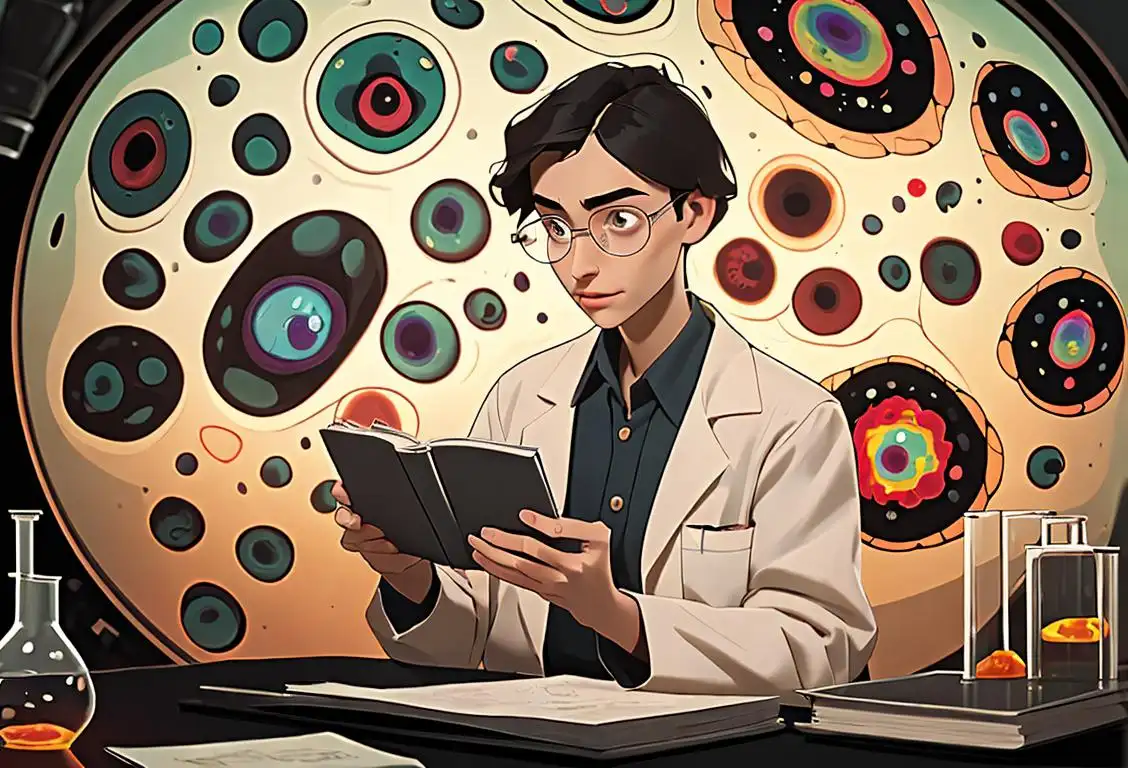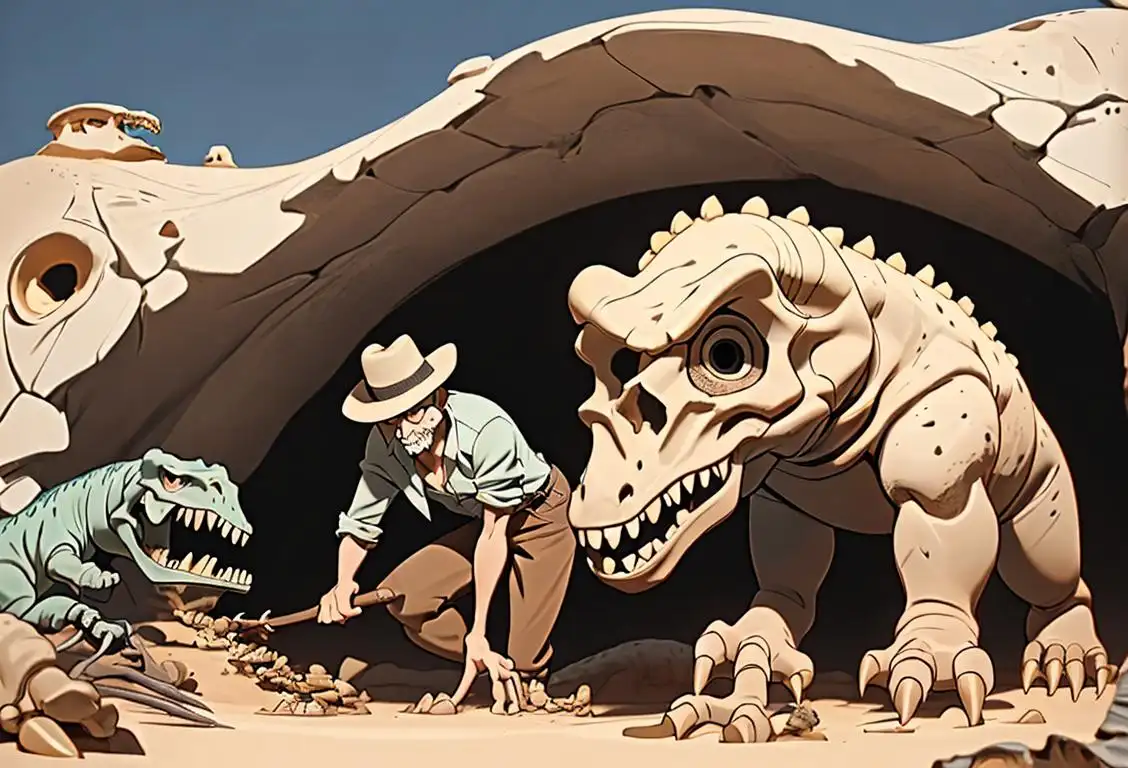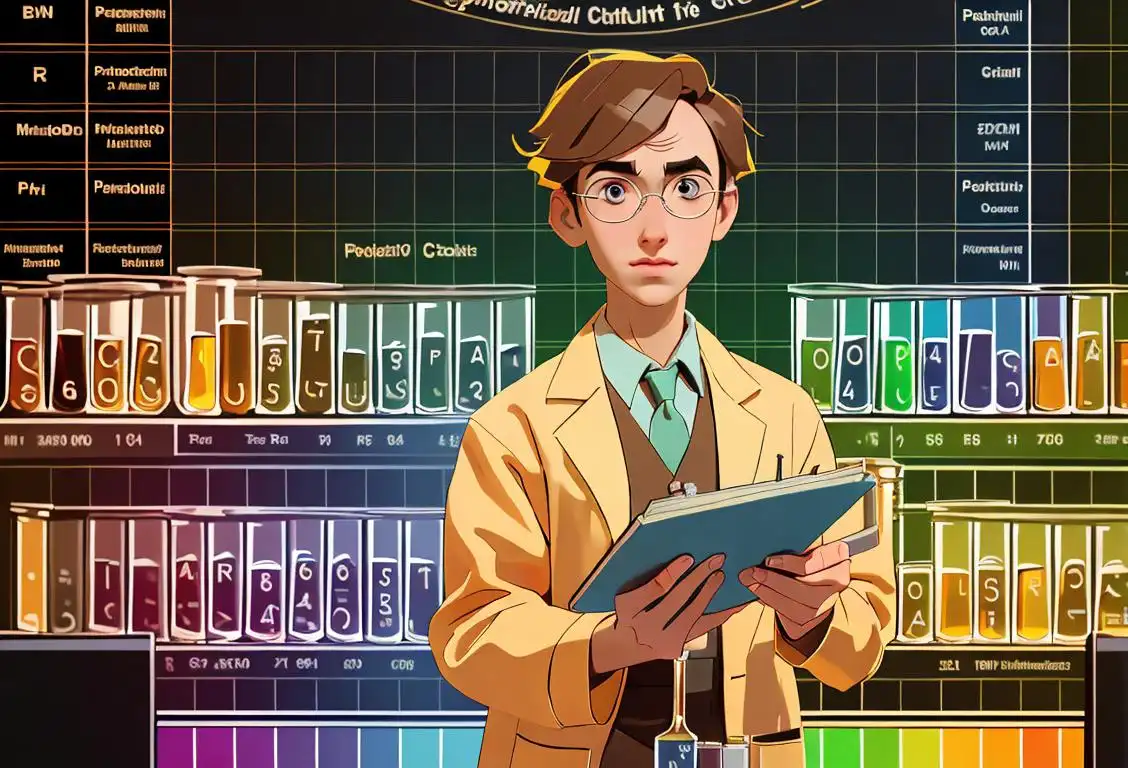National Solar System Day

Welcome to WhatNationalDayIsIt.com! Today we celebrate National Solar System Day, a day filled with intergalactic wonder and cosmic fascination. So sit back, relax, and prepare for an astronomical adventure into the mysteries of our solar system!
When is Solar System Day?
It's national solar system day on the 22nd April.
The Marvels of Our Solar System
Imagine soaring through space, surrounded by swirling planets, shimmering stars, and dazzling moons. Our solar system is a magnificent spectacle that never fails to astound and captivate. So, let's take a closer look at some of the celestial wonders within our solar neighborhood.
Sun: The Fiery Centerpiece
The Sun, our favorite blazing ball of fire, sits at the heart of our solar system. Its powerful heat and light provide the energy necessary for life on Earth. Did you know that the Sun is so enormous that you could fit about 1.3 million Earths inside it? Talk about one massive celestial marshmallow toasting!
Planets: The Coolest Crew in Town
Our solar system is home to eight incredible planets, each with its own unique characteristics and jaw-dropping beauty. From the gas giants of Jupiter and Saturn to the mysterious ice giant Uranus and Neptune, there's no shortage of celestial eye candy to explore.
Moons: Celestial Sidekicks
What's a planet without its trusty sidekick? Moons! Our solar system boasts an impressive array of moons, from Earth's one and only Moon to Saturn's staggering 82 moons (seriously, Saturn, share the moon wealth!). These orbiting companions add an extra touch of charm and mystery to the planets they call home.
Comets and Asteroids: Whizzing Wanderers
Ever wondered what happens when space rocks decide to take a joyride? You get comets and asteroids! These wandering celestial objects cruise through our solar system, occasionally paying us a visit. Just remember, if one ever decides to drop by for a cosmic cup of tea, grab your camera and snap a photo—you'll have a piece of interstellar history!
History behind the term 'Solar System'
1543
Copernican Revolution
Nicolaus Copernicus, a Polish astronomer, published his book 'De Revolutionibus Orbium Coelestium' (On the Revolutions of the Celestial Spheres), proposing a heliocentric model of the universe. In this model, the Sun was at the center, and the Earth, along with other planets, orbited the Sun. This marked a significant shift in the understanding of the cosmos.
1610
Discovery of Galilean Moons
Italian astronomer Galileo Galilei made a groundbreaking observation with his telescope. He observed four large moons orbiting the planet Jupiter. This discovery challenged the notion that everything revolved exclusively around the Earth and demonstrated the existence of other celestial bodies with their own systems of orbiting moons.
1659
First Use of 'Solar System'
Christian Huygens, a Dutch mathematician, astronomer, and physicist, introduced the term 'solar system' in his book 'Systema Saturnium. sive, De causis mirandorum Saturni Phaenomenon.' The term 'solar system' referred specifically to our own planetary system, with the Sun at its center. This marked the first recorded use of the term.
1781
Discovery of Uranus
English astronomer William Herschel discovered the planet Uranus, expanding the known boundaries of the solar system. This discovery highlighted the existence of planets beyond the six known at that time (Mercury, Venus, Earth, Mars, Jupiter, and Saturn). It led astronomers to realize that the solar system was much larger than previously thought.
1846
Discovery of Neptune
French mathematician Urbain Le Verrier and English astronomer John Couch Adams independently predicted the existence and position of a new planet based on irregularities in the orbit of Uranus. German astronomer Johann Gottfried Galle observed Neptune based on these calculations. This discovery further expanded the understanding of the solar system's size and planetary composition.
2006
Reclassification of Pluto
Pluto, discovered in 1930, had been considered the ninth planet of the solar system for over seven decades. However, in 2006, the International Astronomical Union redefined the criteria for classifying a planet, leading to the reclassification of Pluto as a 'dwarf planet.' This decision sparked debates and discussions about the definition and boundaries of our solar system.
Did you know?
Did you know that the largest volcano in our solar system is not on Earth, but on Mars? Olympus Mons, as it's called, stands a whopping 13.6 miles (22 kilometers) tall, making Mount Everest look like a mere molehill. Talk about a volcano with a celestial ego!Tagged
fun education science spaceFirst identified
22nd April 2015Most mentioned on
22nd April 2015Total mentions
4Other days
Solar System Day
Bunsen Burner Day
Dna Day
Virus Appreciation Day
Lab Day
Mole Day
Fossil Day
Stem Day
Periodic Table Day
Youth Science Day








